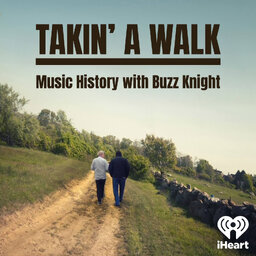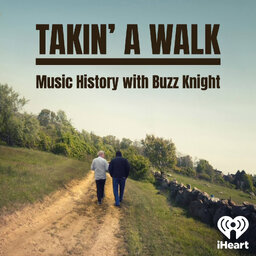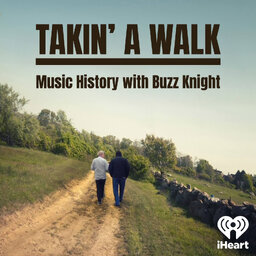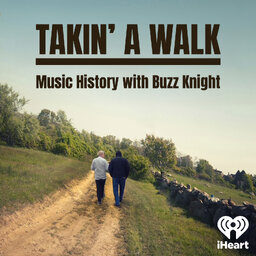John Oates-Co-Creator the iconic pop duo Hall and Oates
John has a brand-new album out called "Reunion" and he discussed his many musical influences.
In 1 playlist(s)
Takin' A Walk - Music History with Buzz Knight
On the Takin’ A Walk-Music History Podcast, Buzz Knight goes deep with American music’s most iconic …Social links
Follow podcast
Recent clips

Join Buzz Knight and C. J. Chenier as They Explore the Rich Legacy of Clifton Chenier and Zydeco Music
23:25

Kenny Wayne Shepherd-Music History on Foot with Buzz Knight Blues, Guitars and Inside Bob Dylan Stories-Replay
39:22

Weekly Music History-From Johnny Cash to The Rolling Stones-Music History on Foot.
11:49
 Takin' A Walk - Music History with Buzz Knight
Takin' A Walk - Music History with Buzz Knight